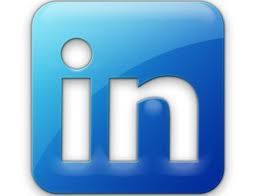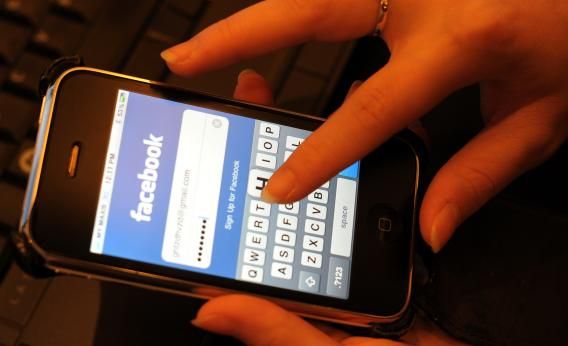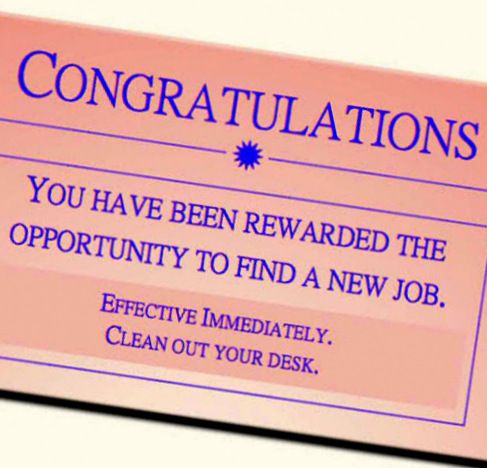I talk to people all the time who have been fired. Sometimes they see it coming, and sometimes it’s a surprise.
Kaitlyn worked as a research lab technician. She told me, “I noticed I was being left out of key decisions and meetings.” She suspected that a change was coming.
But for another client, Carlos, an events coordinator, the pink slip came as a shock. He told me, “I didn’t even realize the company was in trouble and getting ready to downsize.”
Because it’s always easier to find a job when you have a job, having your resume up-to-date is just plain smart. Even if your present position isn’t in jeopardy, you never know when opportunity—a better job—will come looking for you.
Here are some signals that your job security may not be all that secure:
 Your company is bought or merged into another company and there is a lot of duplication in job titles or functions within both companies. Usually, the acquiring company’s employees will be the ones to stay.
Your company is bought or merged into another company and there is a lot of duplication in job titles or functions within both companies. Usually, the acquiring company’s employees will be the ones to stay.
Your company loses a major client or your industry as a whole faces a crisis. Most people are aware of this kind of shift, either from being high in the chain of command, or via the company grapevine.
There are rumors of layoffs. There is often a grain of truth to these tales because layoffs don’t happen overnight. Planning and forethought goes into this kind of company decision.
You’re having a clash of personalities or differing of opinion with your boss. People like to work alongside those with whom they are simpatico. Your boss may even have someone in mind for your job and is therefore not motivated to work out your differences.
You get a new boss. Someone new to the role may want to hire colleagues from his or her previous company, or if promoted from within, to promote co-workers.
Some of your workload had been shifted to other employees. Sometimes tasks are contracted out to self-employed workers or companies. Sometimes a job is just eliminated or reduced to temporary or part time.
If you think the handwriting is on the wall that you may lose your job, here are some good things to do now.
Get Active on LinkedIn
 Create or update your LinkedIn profile, but be careful about doing too much at once while you’re still employed. It looks suspicious if you go from a new profile to having 200 new connections in a week. Don’t draw attention to yourself by populating your profile overnight.
Create or update your LinkedIn profile, but be careful about doing too much at once while you’re still employed. It looks suspicious if you go from a new profile to having 200 new connections in a week. Don’t draw attention to yourself by populating your profile overnight.
And be mindful of your LinkedIn privacy settings. Change the setting for notifications so that your network doesn’t get notices when you update information on your profile.
It might be the best time to have your LinkedIn profile overhauled. This important social media site is not about just filling in the blanks. It’s about putting yourself out there in a more complete fashion than you can on a resume or with Facebook or Twitter.
LinkedIn is always adding features that make it easier for people—-both future employers and networking connections—-to find you. Are you taking full advantage of all LinkedIn offers?
Watch Your Social Media Behavior
Lock down your privacy settings on your all your social media accounts, especially Facebook.
Be careful with your Facebook posts and photos, your tweets and shares on Twitter, and what you write on any blog or forum where you contribute. Even letters to the editor stay online for years and are easily searchable using your name.
Google your name and see what comes up. If anything questionable comes up or if you could be confused with someone else who has a similar name, do what you can to remove negative information and confusion.
 Whatever you do, don’t post anything nasty or controversial online about your current job. Even with your privacy settings at the maximum, anyone who is friends with you can take a screenshot of your post and share it with others. You don’t want to give someone a reason to fire you, or not hire you.
Whatever you do, don’t post anything nasty or controversial online about your current job. Even with your privacy settings at the maximum, anyone who is friends with you can take a screenshot of your post and share it with others. You don’t want to give someone a reason to fire you, or not hire you.
Collect Your Stuff
Start depersonalizing your office or workspace. Take home what belongs to you gradually, so that it’s not apparent that you are removing things. Stripping all personality from your space will attract attention, so take baby steps in the guise of getting neater and more organized.
You’ll also want to collect whatever you require for building a better resume—-the information you’ll need while you still have access to company records. Examples would be the dates and names of trainings, copies of performance evaluations, sales records, letters or emails of praise or accreditation, and company publications where you, your team, or your work has been mentioned.
Educate Yourself
Check out your company’s employee handbook and/or your employment agreement to learn what’s owed to you.
Find out what the company policy is on benefits that you’ve accrued but not used. Are you entitled to cash out unused vacation time, or does the company have a use-it-or-lose-it policy?
Also review the section that outlines what exactly constitutes “termination.”
 Tighten Your Belt
Tighten Your Belt
If you lose your job, no matter what personal, industry, or government safety nets you have available, money could become a problem.
Are there expenses you can temporarily reduce, such as subscriptions, memberships, small luxuries or indulgences, or any extra features or benefits you don’t often use?
Now is the time to start stockpiling an emergency fund for your living expenses, especially if you are living paycheck to paycheck.
Don’t wait until you actually lose your job to assess your financial situation and build a financial buffer.
Update Your Resume
Having a current resume gives you peace of mind, like having an insurance policy or money in the bank. Although I promise my resume and LinkedIn clients quick turnaround, I need to collect the data from you. Do you have up-to-date data?
Getting a jumpstart on a finished resume could be especially important if there was mass layoff or downsizing in your company or industry. It could give you that important edge, a two- or three-week head start on your colleagues who haven’t kept marketing documents up to date.
You might also consider starting to put out feelers for that next job. There are plenty of advantages to this approach. Consider it window shopping, testing the waters, or doing practice runs. You’ll learn about what to expect in the way of availability and salary should the news come that you’ve been fired—whether you’ve suspected it or it’s a surprise.
Phone photo: Slate